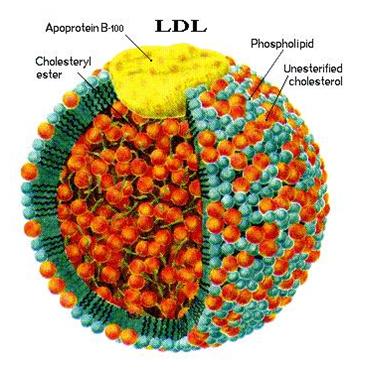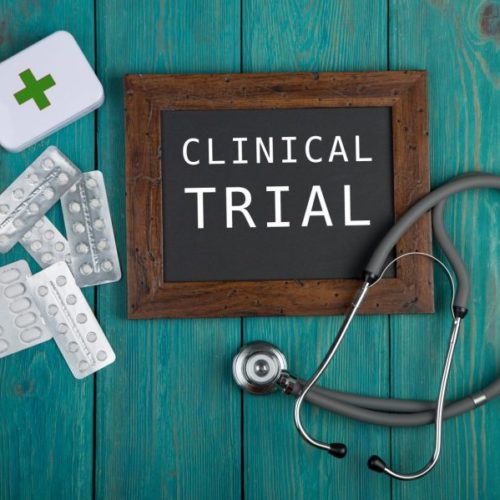This post was originally published on this site The investigational immunotherapy AMG 420 lessened tumor burden and led to cancer disappearing in half of the patients with relapsed or refractory multiple myeloma who received the most effective dose in a Phase 1 clinical trial. The study, “Evaluation of AMG 420, an anti-BCMA bispecific T-cell engager…
Author: Chris
FDA Approves Keytruda for Metastatic or Recurrent Head and Neck Cancer
This post was originally published on this site The U.S. Food and Drug Administration (FDA) has approved Keytruda (pembrolizumab) as a first-line therapy for patients with metastatic or recurrent and inoperable head and neck squamous cell carcinoma (HNSCC) whose tumors express the PD-L1 factor. It also approved the treatment in combination with platinum chemotherapy — cisplatin…
Combining 2 Assessments of Breast Cancer Recurrence Risk May Help Guide Use of Adjuvant Chemotherapy
This post was originally published on this site Adding an assessment of a woman’s clinical risk to Genomic Health‘s genomic test Oncotype DX to estimate the likelihood of breast cancer recurrence may spare more young women from having to undergo chemotherapy after surgery than originally thought. These findings come from a secondary analysis of the…
Tyvyt Effective, Safe in Previously Treated Patients with Hodgkin’s Lymphoma, Phase 2 Trial Shows
This post was originally published on this site Treatment with Tyvyt (sintilimab injection) was found safe and eased the tumor burden or led to cancer disappearance in nearly 3 out of 10 patients with relapsed or refractory classical Hodgkin’s lymphoma, according to follow-up results of a Phase 2 clinical trial in China. Trial findings, “Sintilimab…
Keytruda Improves Survival of Patients with Recurrent or Metastatic Head, Neck Cancer, Phase 3 Trial Shows
This post was originally published on this site First-line treatment with Keytruda (pembrolizumab) in combination with chemotherapy prolongs the survival of patients with recurrent or metastatic head and neck squamous cell carcinoma (HNSCC), compared to standard of care treatment, a final analysis of a Phase 3 trial shows. The findings were presented during an oral presentation,…
How a $100 Bill Brings Me Peace of Mind
This post was originally published on this site I could smell cleanliness when I opened my front door. Lemon. Pine. The glorious absence of dust. It’s that elusive moment right after my housecleaners leave and my home looks like it does in my imagination: orderly and spotless. My crockpot hints that dinner is on the…
My Guilt Was Endless as My Mom’s Disease Progressed
This post was originally published on this site Mourning a person who is still living is a sad and surreal experience. I’ve had my fair share of grief as a caregiver for a person with Alzheimer’s disease. My emotions have ranged from feelings of abandonment to denial and guilt. Being the sole caregiver for Mom…
High Levels of ‘Bad’ Cholesterol Linked to Increased Risk of Early-onset Alzheimer’s, Study Suggests
This post was originally published on this site High levels of “bad” cholesterol, known as low-density lipoprotein (LDL), might increase the risk of developing early-onset Alzheimer’s disease, a study suggests. The study, “Association of Early-Onset Alzheimer Disease With Elevated Low-density Lipoprotein Cholesterol Levels and Rare Genetic Coding Variants of APOB,” was published in the journal…
Clinical Trial Results Suggest Isatuximab Improves Survival in People with RRMM
This post was originally published on this site Isatuximab, a potential therapeutic antibody, can improve survival in relapsed/refractory multiple myeloma patients being given a standard treatment consisting of Pomalyst (pomalidomide) and dexamethasone (brand names include Decadron and Dexpak), results of a pivotal Phase 3 clinical trial suggest. The data were presented at the 2019 annual meeting of the American…
Triple Therapy Combo Effective in Treating DLBCL Subtype, Data Suggest
This post was originally published on this site People with the non-germinal center subtype of diffuse large B-cell lymphoma (non-GCB DLBCL) respond well to initial treatment with Rituxan (rituximab), Imbruvica (ibrutinib), and Revlimid (lenalidomide) — so well that chemotherapy, the standard of treatment, might not be necessary in some cases. Results from the Smart Start…











